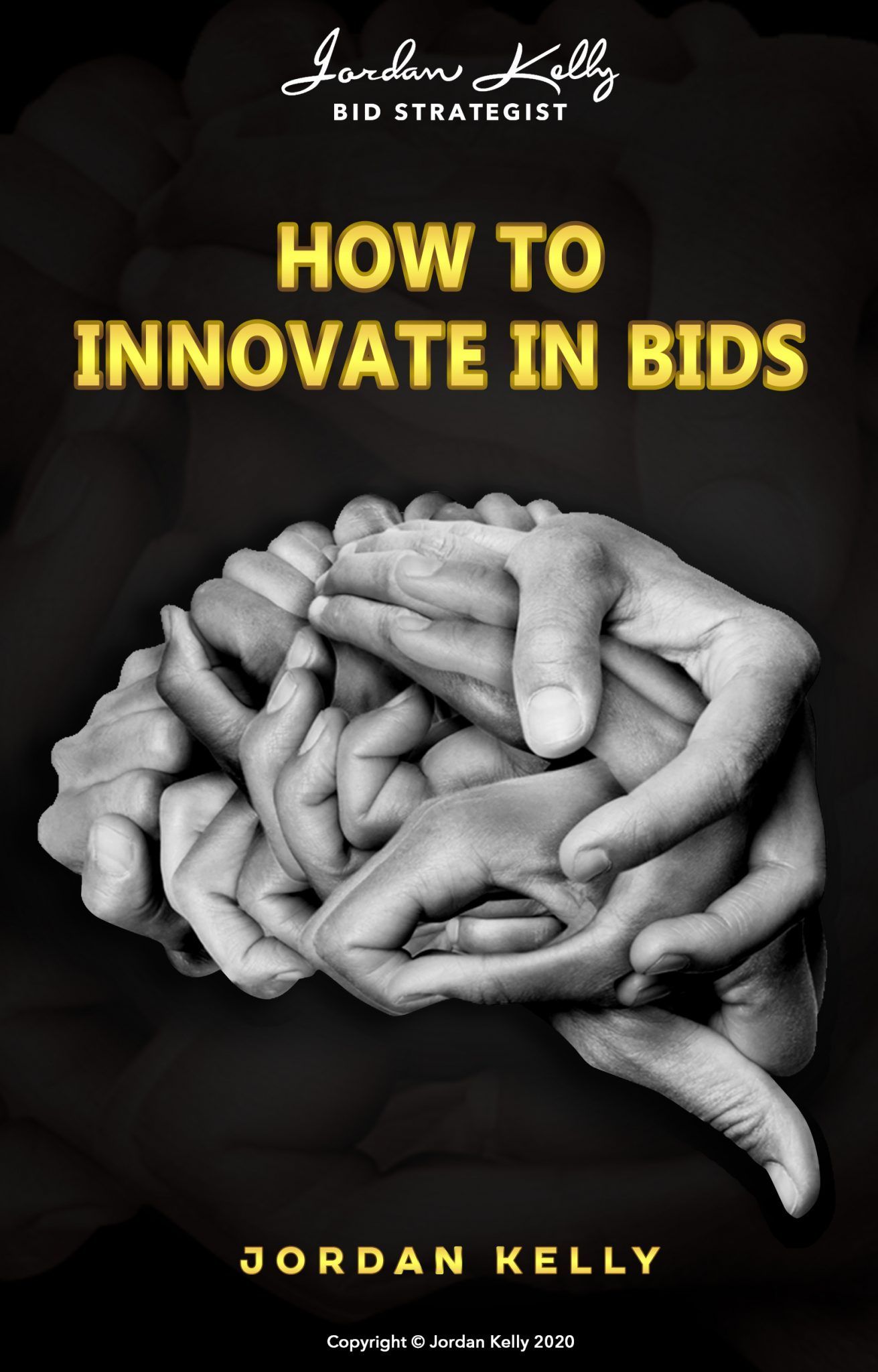CATEGORIES:

Often under-estimated, is the importance of capturing – in detail – both the content and conclusion of conversations with the prospective client organisation’s representatives.
The more socially-minded, talkative business development and sales operatives often feel it unnecessary to capture all the components and intricacies of discussions. Yet, if it was a well-planned and quality conversation, the majority of its content – if documented – stands to be of considerable value to the bid team subsequently tasked with formulating a bid strategy.
At the least, it will provide the bid team with an insight into the client’s thought processes as these crystalised themselves during the course of the conversation.
And at best, it will reveal the client organisation’s concerns and desires in detail, along with the reasons that organisation’s representatives hold these desires and have these concerns.
These insights offer valuable signposts for a bid team, in that they (a) potentially point to the offerings that will satisfy these desires, and (b) help identify the strengths and strategies that the bidder can table to mitigate any risks the client perceives.
TO BID OR NOT TO BID
(Training Program)
The real value of a thorough and well thought-out bid/no bid decision analysis – whether highly structured or less so – results from asking the right questions (in a logically-progressing order) and seeking out well-researched answers.
It's a customised, deep-thinking process during which a valuable perspective of the client and the opportunity is built. When that is followed by a realistic self-analysis, the framework is in place for making a genuinely strategic, properly informed decision.
HOW TO INNOVATE IN BIDS

(Training Program)
‘Innovation’ in the context of the big-ticket bidding space takes on a very specific definition.
It’s the bidder that demonstrates a deep and genuine grasp of this definition – and stays tightly guided by it in the “innovative approach” it is asked to propose in its submission – that is likely to be successful.



